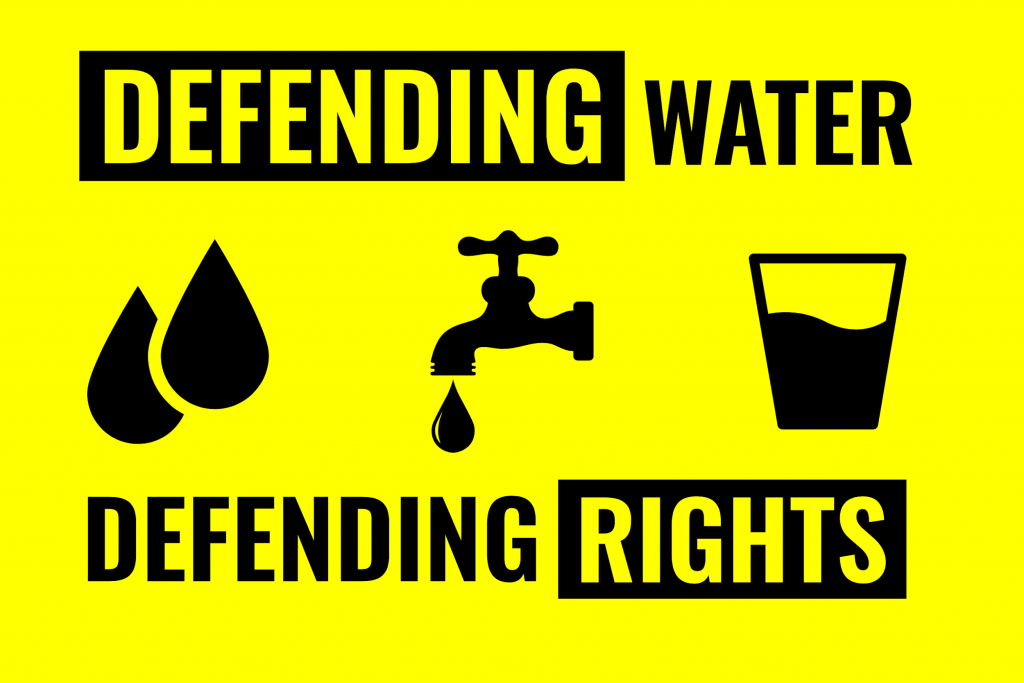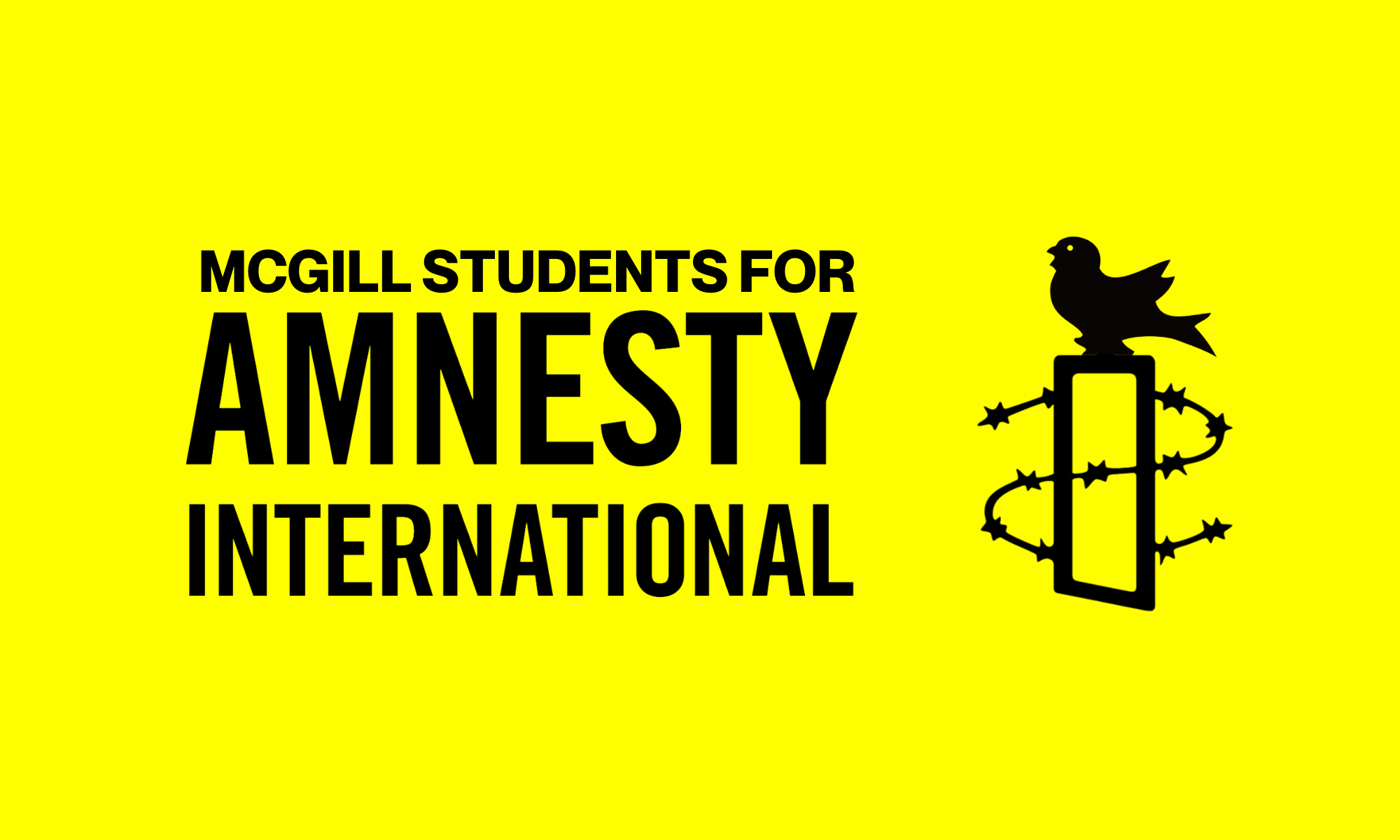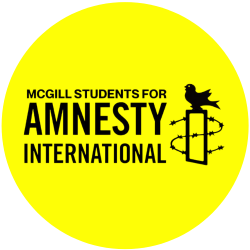By Emma Wiseman
The human right to water, as defended by the United Nations, entitles everyone to sufficient, safe, acceptable, and physically accessible water. Yet, at any given time, there are over 100 cases of water advisories in First Nation communities in Canada. These cases can range from contaminated water to outright inaccessibility, and each one can take years to fix.

To defend the right to water is to address the ongoing human rights violations that aren’t being properly addressed by the Canadian federal government. Here’s a quick overview of the issue, and some of the campaigns that are trying to take action.
How Does This Happen?
In Canada, water quality standards fall under provincial jurisdiction: this means that each province enforces different policies pertaining to the safety and access to water. However, any community that falls under national jurisdiction instead doesn’t have any legal standards of water to protect their rights. First Nations communities fall into this category, which is largely how they are so vulnerable to a lack of infrastructure and a failure to obtain safe water.
In addition, as outlined by the Indian Act, First Nations communities have been made almost completely dependant on the federal government for the rights to “Band Moneys”: the revenue generated on reserve land. This means that any time a First Nation community would like access to financial resources, they have to go through the government. This makes aid and infrastructure a long and laborious process, often resulting in no funding at all.
What Does it Look Like?
Water advisories can range from warnings to boil water before consuming, to outright non-consumption. Cases are most frequently due to a lack of environmental regulation, and a lack of infrastructure.
Recently, the case for Grassy Narrows has surfaced on the news: a Northern Ontario community that has been trying to deal with mercury-contaminated water for over 50 years, a result of dumping from a paper mill. It is estimated that 90% of the population suffers from mercury poisoning. But this is far from the only case that has failed to be addressed. In Mount Polley, after the largest environmental mining disaster in Canadian history sent waste water into Quesnel Lake, action still hasn’t been taken to clean the water. Since 2014, residents have not been able to use take any resources from the lake.
Without safe drinking water, there is a high health risk for problems such as waterborne illnesses, influenza, infection and pneumonia.
These cases have been normalized. Boiling water to access drinking water is a given for First Nation communities across Canada.
Rights of Water?
A new tactic for re-thinking the way we interact with natural resources – and the way we can ensure environmental regulation – is to give resources their own rights. This means that instead of focusing on the rights to water, we focus on the rights of water. But what would this look like?
In both India and New Zealand, rivers have been given the same rights as humans: they have the right to life. Construction, electrical dams and pollution infringe upon this right. If these rights can be legally recognized and upheld, then environmental regulations can be more easily accessed and implemented. For example, in Ecuador, nature has rights: when a river was violated by road construction, a case was brought up on its behalf, and action was ordered to fix the situation.
Creating rights of water not only allows for water to be protected, but it helps change the way we think about nature. Not as a commodity, but as something integral to our planet.
Get Involved!
Amnesty International Canada has a campaign to defend water. The campaign is launching on World Water Day in order to raise awareness about the ongoing human rights violations that pertain to the failure to uphold the rights to water. Check it out for ways you can get involved!
Waterlution is a project-driven organisation looking to build a healthy and sustainable relationship with water. They focus on building skilled youth leaders and powerful communities to enact change. Take a look at some of the awesome work they’re doing!
Interested in something hands-on? Join McGill Students for Amnesty International on November 7th, from 6 to 7:45 pm, for a workshop on Canoe knowledge and water. The event will take place in Burnside Hall Room 1B23.
Learn from Metis Canoe Builder Christian Pilon about the craftsmanship of birchbark canoes and the rich history of the Metis people, and take part in a water appreciation activity! An incredible opportunity to connect human rights, Indigenous rights, and the rights of water. RSVP here!

